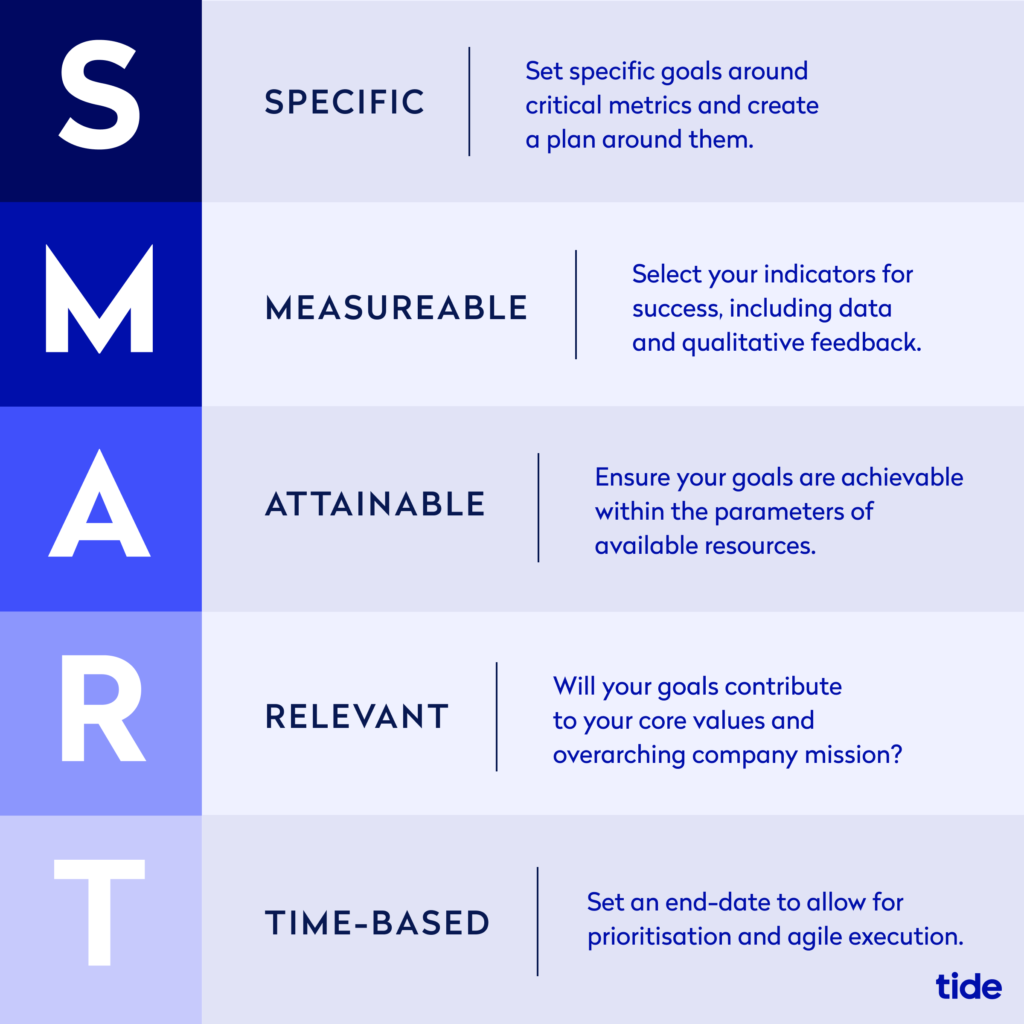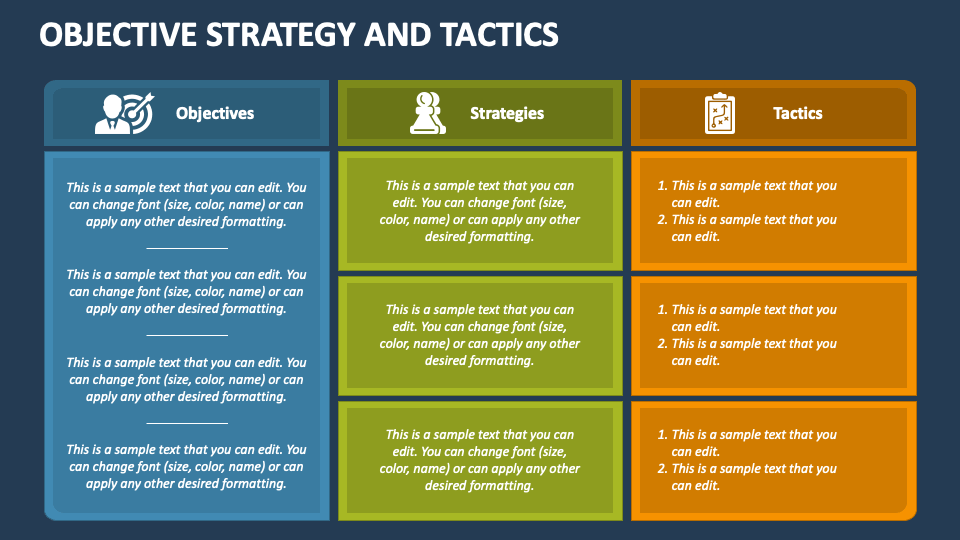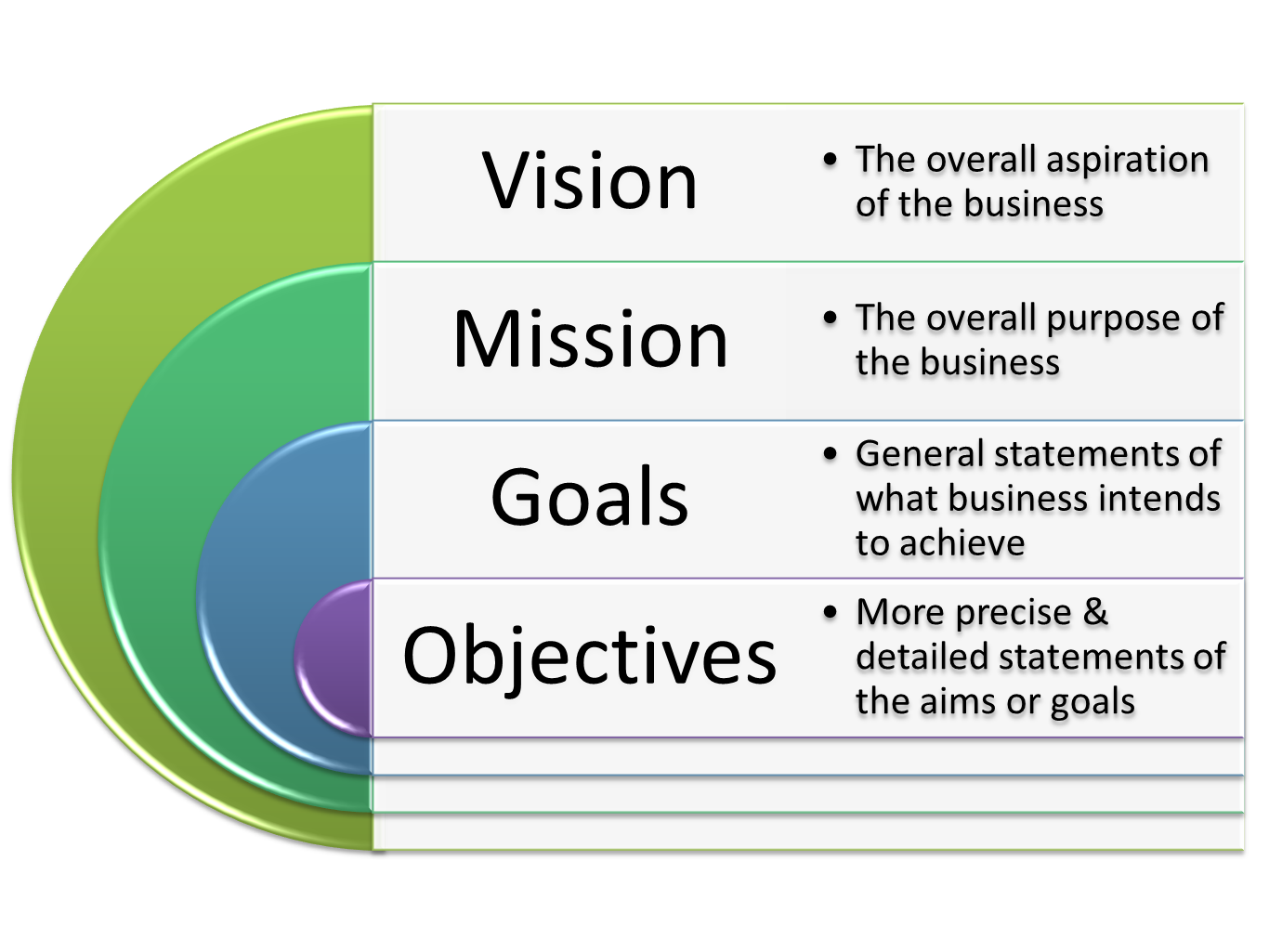How To Create Business Goals And Objectives
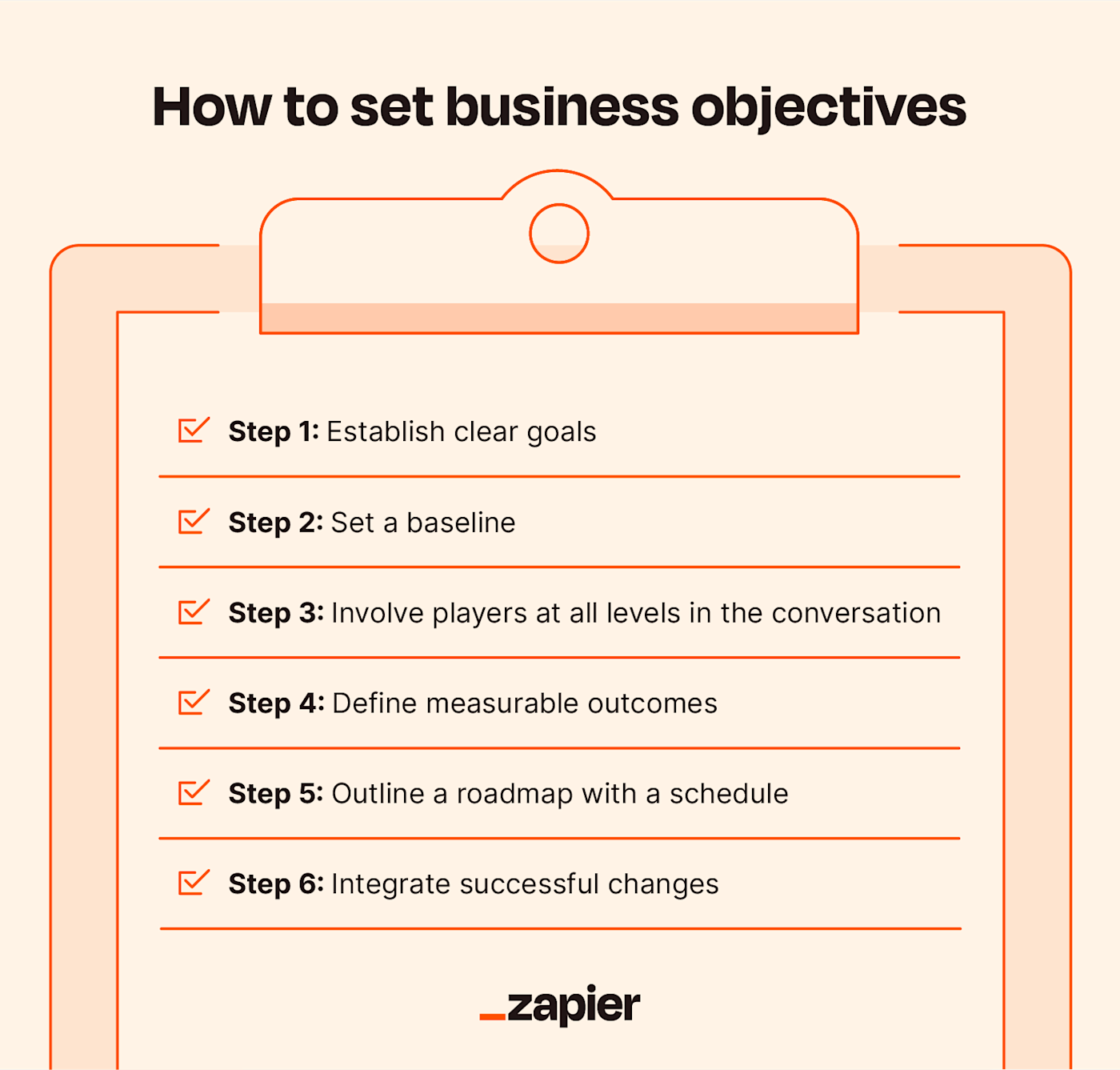
Imagine you're charting a course across the vast ocean of entrepreneurship. The horizon shimmers with possibility, but without a compass and a clearly defined destination, you risk drifting aimlessly. Setting business goals and objectives isn't just a formality; it's the very navigation system that guides your ship to success.
This article will equip you with the essential knowledge and practical steps to define compelling and achievable goals and objectives. We'll navigate the intricacies of goal setting, ensuring that your aspirations are not merely dreams, but actionable pathways to tangible results. So, grab your metaphorical charts and let's set sail!
The Foundation: Understanding the Difference
Goals and objectives are often used interchangeably, but understanding their distinct roles is crucial. Think of goals as your overarching aspirations – the big picture of what you want to achieve.
Objectives, on the other hand, are the specific, measurable, achievable, relevant, and time-bound (SMART) steps you'll take to realize those goals. SMART objectives provide the roadmap for translating your vision into reality.
Crafting Meaningful Goals
Effective goals are more than just wishful thinking; they are statements of intent rooted in a deep understanding of your business and its potential. Start by reflecting on your company's mission and vision.
What impact do you want to make? What kind of company do you aspire to build? These fundamental questions will inform the direction of your goals.
Consider These Key Areas:
When setting goals, consider various aspects of your business to ensure a holistic approach.
- Financial Goals: Revenue targets, profit margins, cost reduction.
- Customer-Related Goals: Customer satisfaction, market share, customer retention.
- Operational Goals: Efficiency improvements, process optimization, quality control.
- Employee-Related Goals: Employee satisfaction, training and development, talent acquisition.
Defining SMART Objectives
Once your goals are established, it's time to break them down into SMART objectives. This is where the rubber meets the road, turning abstract aspirations into concrete action steps.
Let's revisit the SMART acronym:
- Specific: Clearly define what needs to be accomplished.
- Measurable: Establish quantifiable metrics to track progress.
- Achievable: Set realistic targets that are within your reach.
- Relevant: Ensure objectives align with your overall goals.
- Time-bound: Assign a deadline for completion.
For example, instead of a vague goal like "increase sales," a SMART objective might be: "Increase online sales by 15% in the next quarter by implementing a new marketing campaign and optimizing the website's checkout process."
Implementation and Review
Setting goals and objectives is only the first step. The real challenge lies in implementation and consistent monitoring.
Regularly track your progress against your objectives and make adjustments as needed. According to a study by Harvard Business Review, companies that frequently review and revise their strategies are more likely to achieve their goals.
Create a system for tracking key performance indicators (KPIs) and use data to inform your decisions.
Embracing the Journey
Setting business goals and objectives is an ongoing process, not a one-time event. As your business evolves, your goals and objectives will need to adapt to changing market conditions and emerging opportunities.
Embrace the journey, stay flexible, and never lose sight of your vision. Remember that even the most meticulously planned voyages encounter unforeseen storms, but with a clear destination and a steady hand on the helm, you can navigate any challenge and ultimately reach your desired port of call.

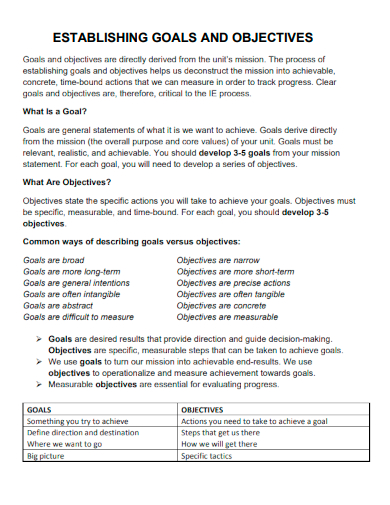


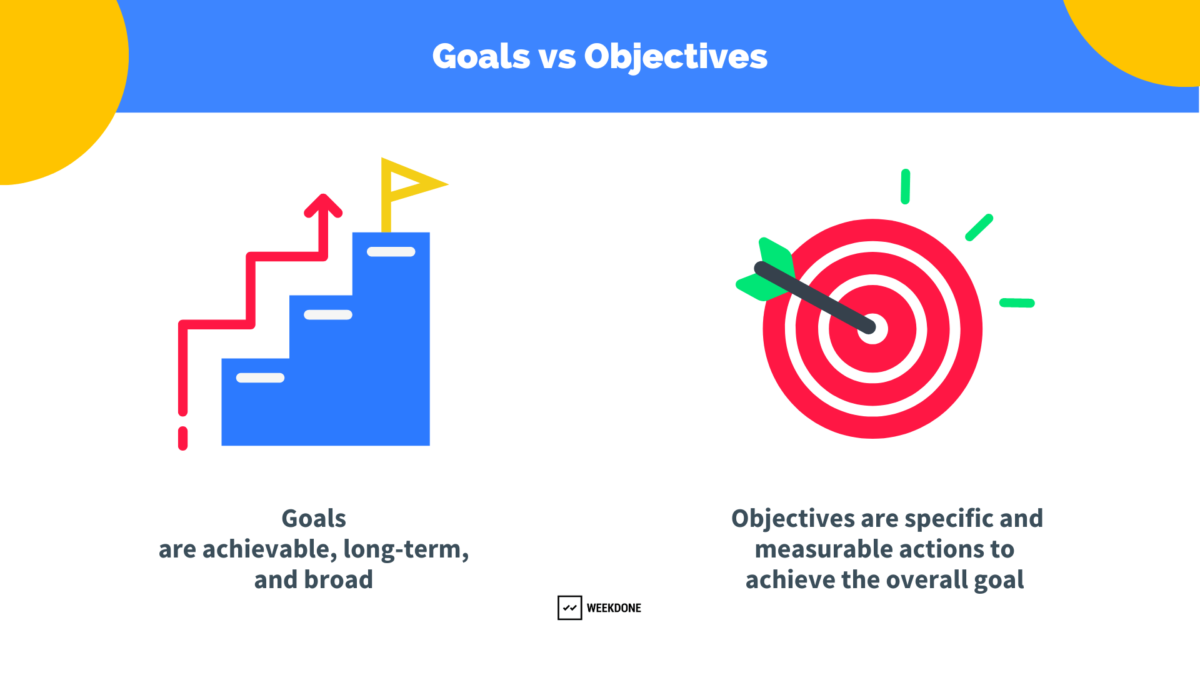



![How To Create Business Goals And Objectives Business objectives: 5 examples [+ template] | Zapier](https://images.ctfassets.net/lzny33ho1g45/73MUABoqMQDLqXe5qxRq54/ef261857e02c6fa8d62fb4146879c765/business-objective-statement-worksheet.jpg?w=1400)
